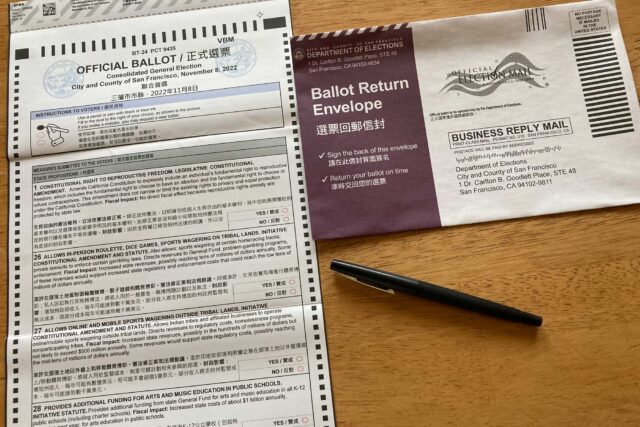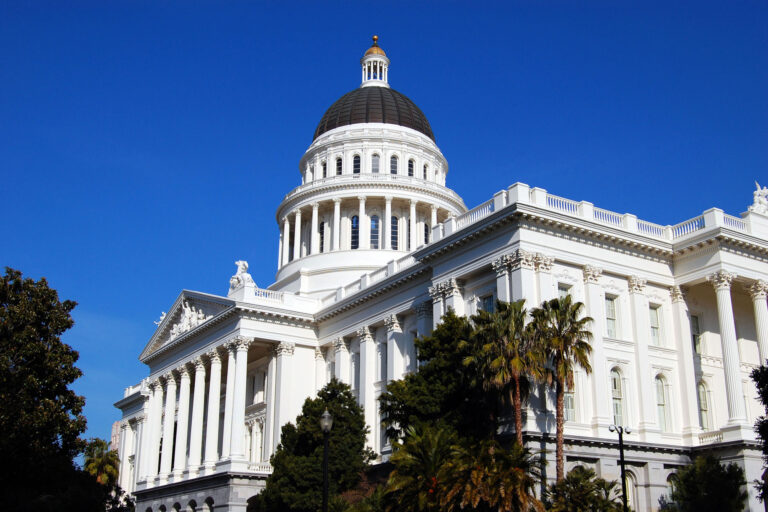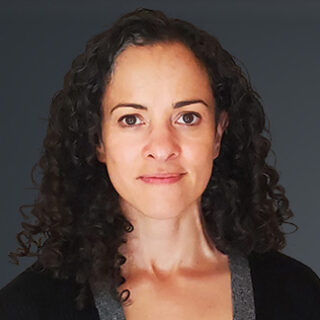On November 8, all 80 state assembly positions and half of state senate seats are up for election—and the mood of likely voters has soured. In a recent briefing on the October statewide survey, PPIC survey analyst Deja Thomas outlined Californians’ support for government officials and for several ballot measures. Thomas further discussed Californians’ perspectives on the state of democracy and other takeaways with PPIC associate survey director Dean Bonner.
As the election approaches, over half of likely voters (56%) say they would vote for or lean toward the Democratic candidate in the US House of Representatives; 39% would vote for or lean toward the Republican candidate. In competitive districts, a majority prefer the Democrat. Bonner noted, however, that support for the Democratic candidate has fallen 4 points among likely voters since the September survey—with support among independents falling by 8 points, among men by 10 points, and among Latino likely voters by 20 points. Meanwhile, support for Republican candidates rose by 5 points among likely voters.
The survey also asked Californians about their positions on three measures on the November ballot. Proposition 26 would allow in-person betting at racetracks and tribal casinos; today, 34% of likely voters would vote yes. Proposition 27 would allow Indian tribes and businesses to operate online sports wagering outside tribal lands; 26% of likely voters would vote yes. When asked if they are personally interested betting on sports, 9 in 10 adults said they are not.
“Most people are just not interested in sports betting, and they don’t think it will do the state very much good if it’s made legal, which is probably explaining some of the low level in support we’re seeing for Propositions 26 and 27,” Thomas said.
Proposition 30 would increase taxes on Californians earning more than $2 million annually and allocate revenue to zero-emission vehicle purchase incentives, charging stations, electric vehicles, and wild-fire prevention; today, 41% would vote yes. Bonner highlighted double-digit drops in support across groups since September—and since Governor Newsom appeared in a No on Prop 30 ad.
In the midst of considering their votes for candidates and ballot measures, many Californians express dissatisfaction with the way democracy is working in the United States. These days, they also tend to think Americans of different political views cannot work out their differences—and those who are most likely to vote are especially pessimistic. The survey first asked the question about working out political differences in September 2017—over five years, Californians have lost faith in their ability find common ground, with a 7-point drop among all adults and a 16-point drop among likely voters.
“For a democracy to be working well and fine-tuned, it’s important that we are able to see these different perceptions that people have and be able to come together and work together for the good of the state, the good of the community, for the good of the country,” Bonner said.
Topics
COVID-19 elections Gavin Newsom Political Landscape Statewide Survey US House of Representatives votersLearn More
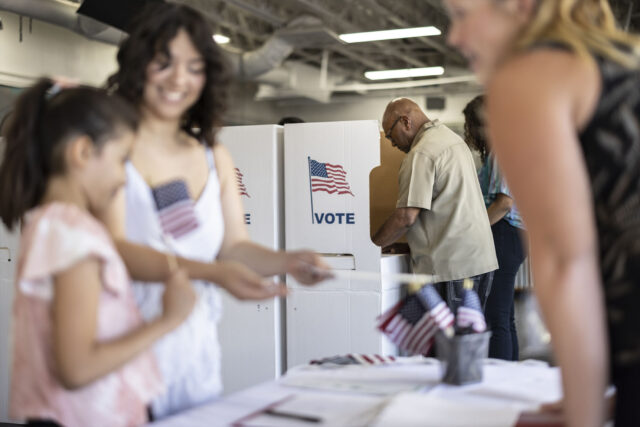
California Voter and Party Profiles
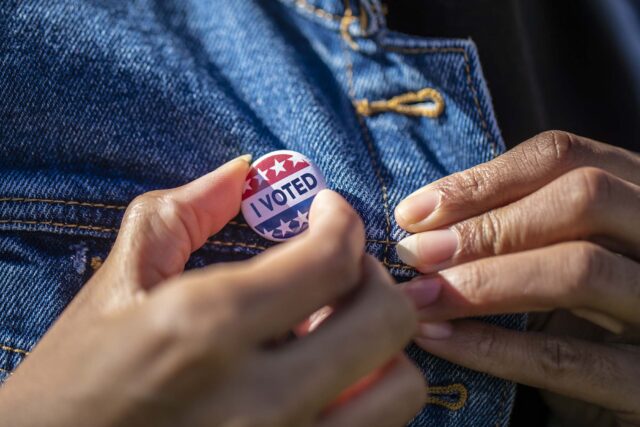
California’s Likely Voters
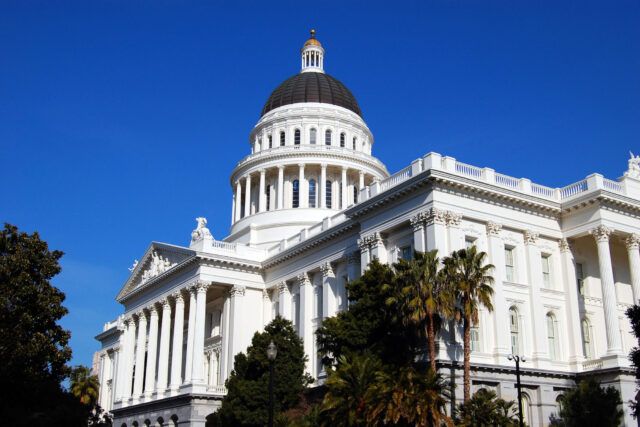
PPIC Statewide Survey: Californians and Their Government
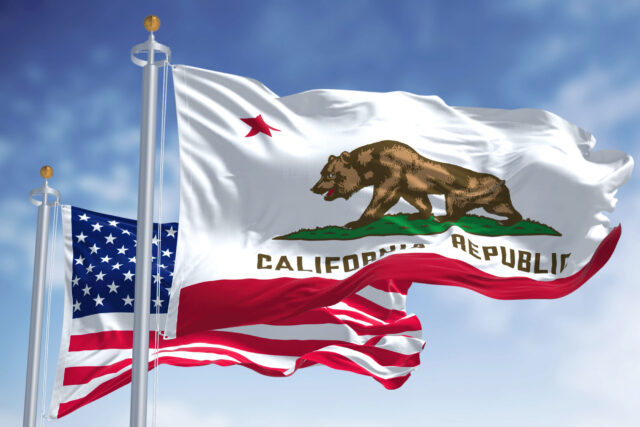
Views of Democracy from the Golden State
